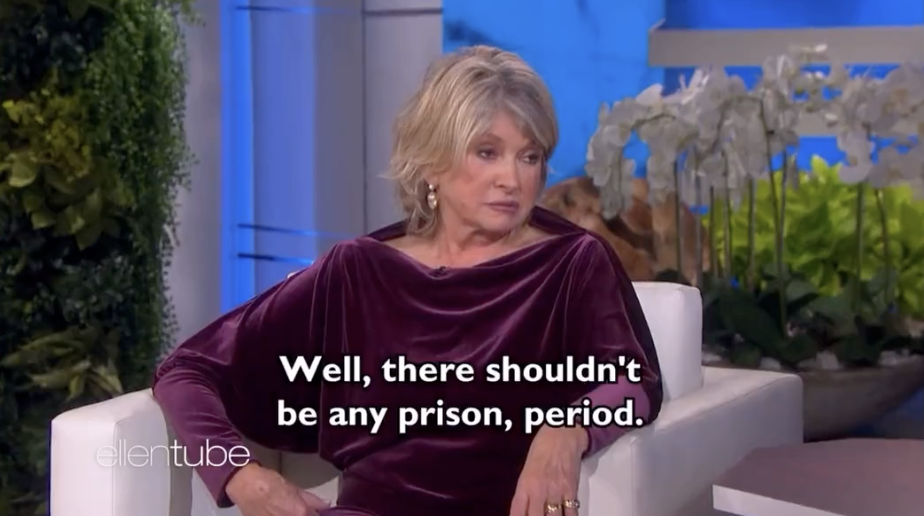Anthem for SATB choir and organ
Commissioned by the American Guild of Organists for the Biennial National Convention in Seattle, Washington, 2022
When I was approached about composing something for the American Guild of Organists, I was presented with a slate of options from a solo organ work to a one-act theatrical piece to a church anthem. I naturally gravitated towards an anthem, since I’m much more comfortable in the world of choral music than organ music.
I was lucky enough to be paired for this project with St. Mark’s Cathedral, the seat of the Episcopal diocese of Western Washington. The cathedral has a major reputation in the world of church music, notably for its Sunday evening Compline service, but also for its annual “O Antiphons“ service, which is sort of like an alternative Lessons & Carols.
Because this is one of their signature services, it was decided that they would recreate it for the AGO convention, in spite of the fact that it’s an Advent service and the conference was in the middle of July. I discussed the options for an anthem for this service with the cathedral’s music director, Michael Kleinschmidt. What he told me is that there was one “O Antiphon” that was harder to program than all the others: O Key of David.
The idea behind the O Antiphons (familiar from the hymn “O Come, o come Emmanuel“) is that Jesus is described in a sequence of seven Messianic titles: “O Wisdom,“ “O leader of the House of Israel,“ “O Root of Jesse,“ etc. The Key of David reads as such:
O Key of David and sceptre of the House of Israel;
you open and no one can shut;
you shut and no one can open:
Come and lead the prisoners from the prison house,
those who dwell in darkness and the shadow of death.
So here, Jesus is viewed as the key that will unlock the gates and set the prisoners free. There’s many ways to interpret this, but it seemed clear to me that this could be a very strong prison abolition / social justice piece. So I went hunting for other biblical passages that pertain to this theme. I found several in the psalms, but I also found some early modern Christian literature that really piqued my interest.
Allow me to introduce you to Elizabeth Hooten (1600–1672), described by Wikipedia thus: “She was beaten and imprisoned for propagating her beliefs; she was the first woman to become a Quaker minister.“
This took me down a major-league wormhole of research, but suffice to say, she led an even more fascinating life than that blurb would lead you to believe. She also wrote several letters from prison decrying the conditions and the widespread imprisonment of innocent people who were locked up behind bars (or in many cases, those who may have been locked up because of unjust laws.)
She was a regular 17th century Martha Stewart!

The text:
Ps. 102: 1 Hear my prayer, O Lord and let my crying come unto thee.
Ps. 142: 6 O deliver me from my persecutors for they are too strong for me.
Hooton O thou that art set in authority to do justice and judgment, and to let the oppressed go free, these things are required at thy hands.
Ps. 102: 20 To hear the groaning of the prisoner; to loose those appointed to death;
Hooton I labored to lay before the king the grievances of the innocent, and hither have I come time after time, for equity and for justice.
Isaiah 22: 22 And the key of the house of David will I lay upon his shoulder;
and he shall open it.
Hooton Do not join with them that would persecute and wrong the innocent, for if thou dost thou wilt wrong thy one soul.